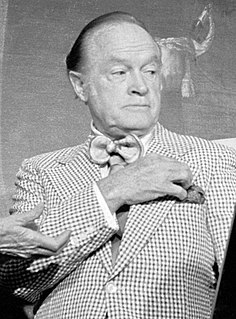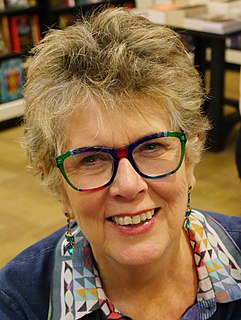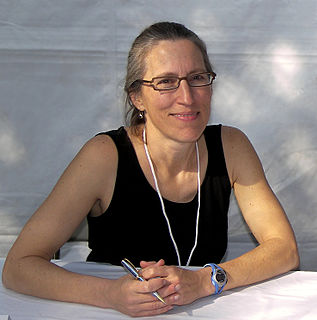A Quote by Salman Rushdie
This was an age before e-books. We all knew that the only way you can allow a book to survive in print in the long term is in paperback. The hardback has a certain life, and then it stops having that. It stops selling, and if you want the book to just stay around there has to be a paperback edition. So if there were not a paperback edition the book would eventually disappear from the shelves, and we would have lost the battle.
Related Quotes
I am a reader, a flashlight-under-the-covers, carries-a-book-everywhere-I-go?, don't-look-at-my-Amazon-bill. I choose purses based on whether I can cram a paperback into them, and my books are the first items I pack into a suitcase. I am the person who family and friends call when they need a book recommendation or cannot remember who wrote Heidi. My identity as a person is so entwined with my love of reading and books that I cannot separate the two.







































